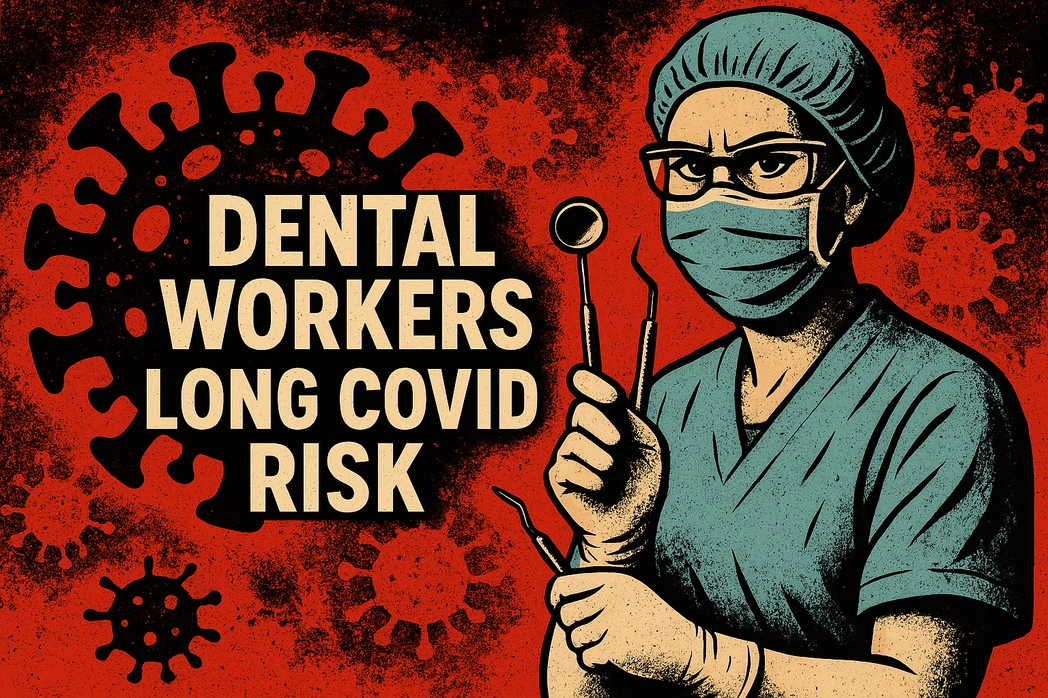Missing appointments is a common issue among dental clinics worldwide. There is a list of reasons, with different degrees of importance, that make patients skip the scheduled visit; still, in any case, there are two unfortunate outcomes for both sides:
- The patient's dental issue still exists and is untreated (or at least undiagnosed), which creates an additional health risk.
- The clinic lost its worktime resource, decreasing the clinic's impact.
Thus, for the common good, we must minimize the nonattendance rate, and, fortunately, the modern world may offer various digital solutions for that purpose. Calls and electronic messages are suitable for reminding, but their effectiveness and economic feasibility differ depending on the situation.
In this article, we analyzed a few recent scientific studies regarding the topic to explore it in detail, including the aspects of digital automation.
Phone calls
Phone reminders are a powerful approach in modern medicine to improving communication with patients, and, therefore, enhancing general treatment effectiveness and client retention. At this point, we can highlight two key benefits.

Improving patient compliance
In the case of some severe surgery, tooth extraction, or any other invasive procedure, it's crucial for the patient to follow post-operation instructions to guarantee appropriate tissue regeneration and avoid the risk of infection.
For instance, a paper by King Saud University researchers suggests that phone call follow-ups significantly increase patients' compliance with post-extraction recommendations. 135 patients participated in the research, and scientists divided them into three groups that received different instructions from the specialists:
- Written instructions.
- Follow-up calls on the 1st day after the operation.
- Follow-up calls on the first and third days.
As it turned out, the third group had a notably higher rate of instruction compliance – 91%, compared to 84% in the second and 76% in the first groups. Thus, if your clinic has the resources to provide reminder calls in addition to written post-surgical instructions, that decision may improve treatment effectiveness, reducing the risk of possible complications.
Increasing patient attendance
Plenty of studies have similar indicators of phone call effectiveness in this matter. For instance, research conducted in Saudi Arabian hospitals by Trinity College involving about 500 radiology department patients demonstrated that phone reminders increase the average patient attendance rate by 5%, up to 85%.
Another work, provided by Boston Children's Hospital, demonstrated that a single call the day before the appointment increases the percentage of completed visits by 2.5%, up to 79% among young adults.
Still, resulted numbers are slightly different, and the leading cause is age. The Trinity College research reports that phone call reminders are most effective among older participants between 40 and 60 years old – their attendance rate is almost twice as high as in young patients reminded in the same way. The second research also demonstrates that Zoomers are less receptive to phone reminders.
That's because the young generation (born in 1997-2012) is trying to avoid this type of communication, as the Harmony Healthcare IT study demonstrates that about 74% of younger Gen Z are experiencing anxiety talking on the phone.
However, there are options to solve the issue.
SMS reminders
Messages are a much simpler reminder tool — short text with key information regarding appointments may be generated automatically or at least copied and slightly edited. Thus, that solution is more affordable and accessible for clinics with limited staff and a busy workflow, eliminating the need to spend priceless minutes on phone calls.
Permanent effect
Angle Orthodontics' comprehensive research analyzed all available reminder tools, including calls, emails, and SMS, to determine the most effective one. As it turned out, the latter option demonstrated the lowest no-show rate – 1.9%, compared to:
- 2.68% with emails
- 3.49% with phone calls
Another study from the Australian West Moreton Hospital highlights the effectiveness of SMS reminders. According to the researcher, this tool successfully increased the average patient attendance rate by 4.2%, up to 77.7% among adults. These results also may suggest that reminders via messages are more impactful than phone calls if we compare them to the above mentioned research results.

Long-term effect
Additional exciting data comes from the British Open University, where researchers analyzed the effect of implementing automated message reminders in general practice clinics.
The study started in 2010 and lasted for 10 years. Researchers used data from EMIS Web, one of the widespread data management systems in the UK, to track the patients' attendance rate over this time. The study showed a surprising 42.8% reduction in missing appointments – almost half for the decade!
Still, while the number is significant, it has some demographical context that we need to take into account:
- The less responsive group is 20-25 years old, demonstrating just a 25.3% reduction in missed appointments.
- The most improved groups are 41-60 and 61+ years, which showed 48.5% and 73% improvement, respectively.
Also, the study shows that women are notably more responsive to SMS reminders than male participants, 48.3% compared to a 36.6% improvement.
Automation
Modern digital tools allow practice managers to streamline patient communication by automating calls and messages writing/sending. For instance, in Remedico, we integrated a communication hub directly into the EMR interface.

This feature allows you to create text with an AI-powered tool and then send it to the needed patient category, making your reminder process a few clicks long.
We also have a solution that can process a phone conversation — Remindico. This tool is equipped with a cutting-edge AI algorithm that allows it to conduct calls with well-tuned natural human speech, making it possible to schedule your patients automatically. Additionally, Remindico has call reminders — an additional feature that we precisely tune for each clinic at the client's request.
Schedule a demo now to try the tool.
Additionally, check out our Newsfeed for more insights regarding the clinic workflow optimization:




